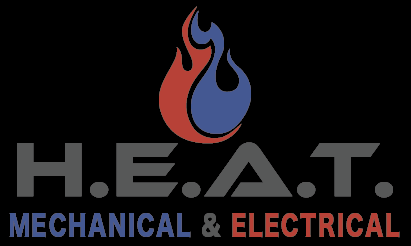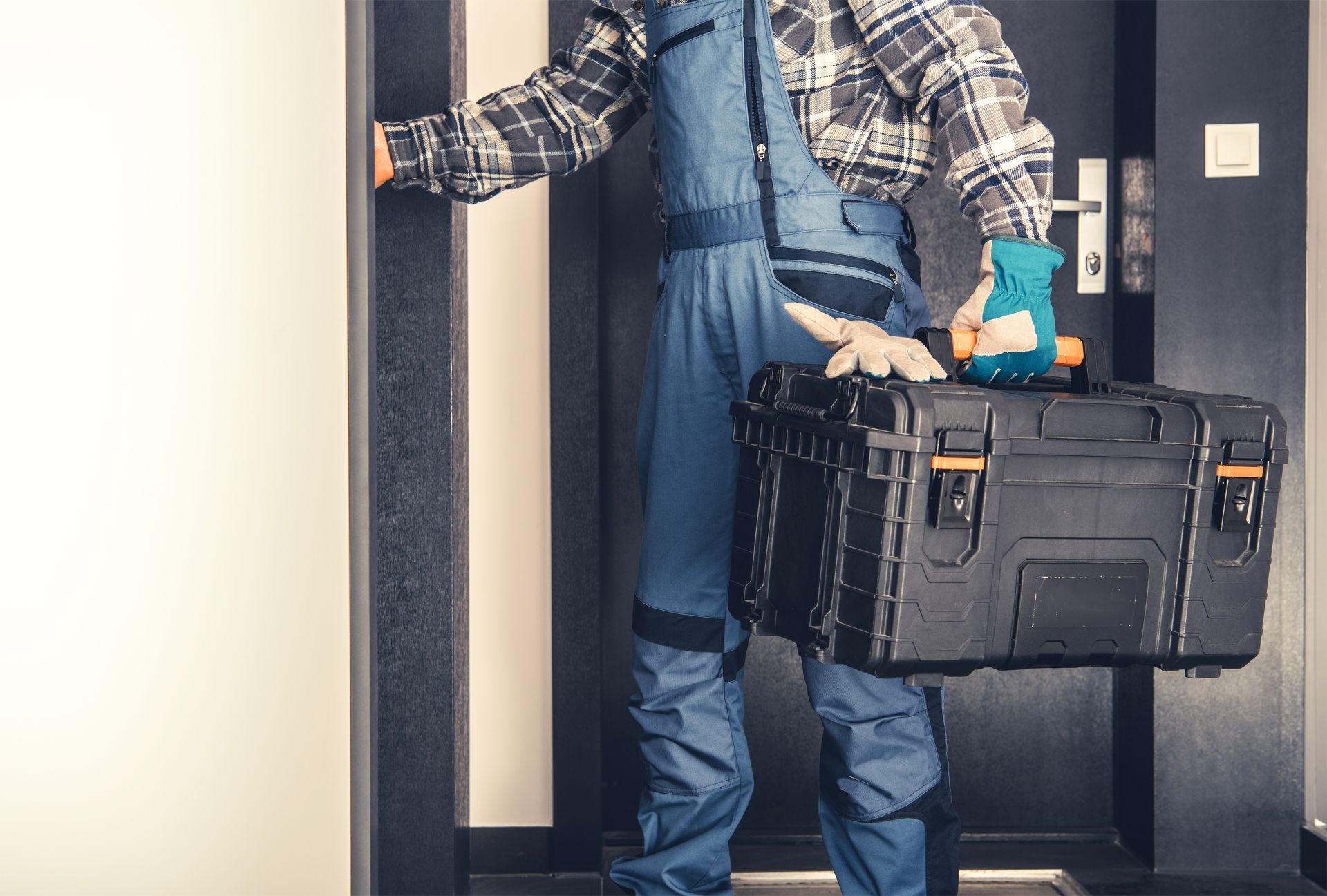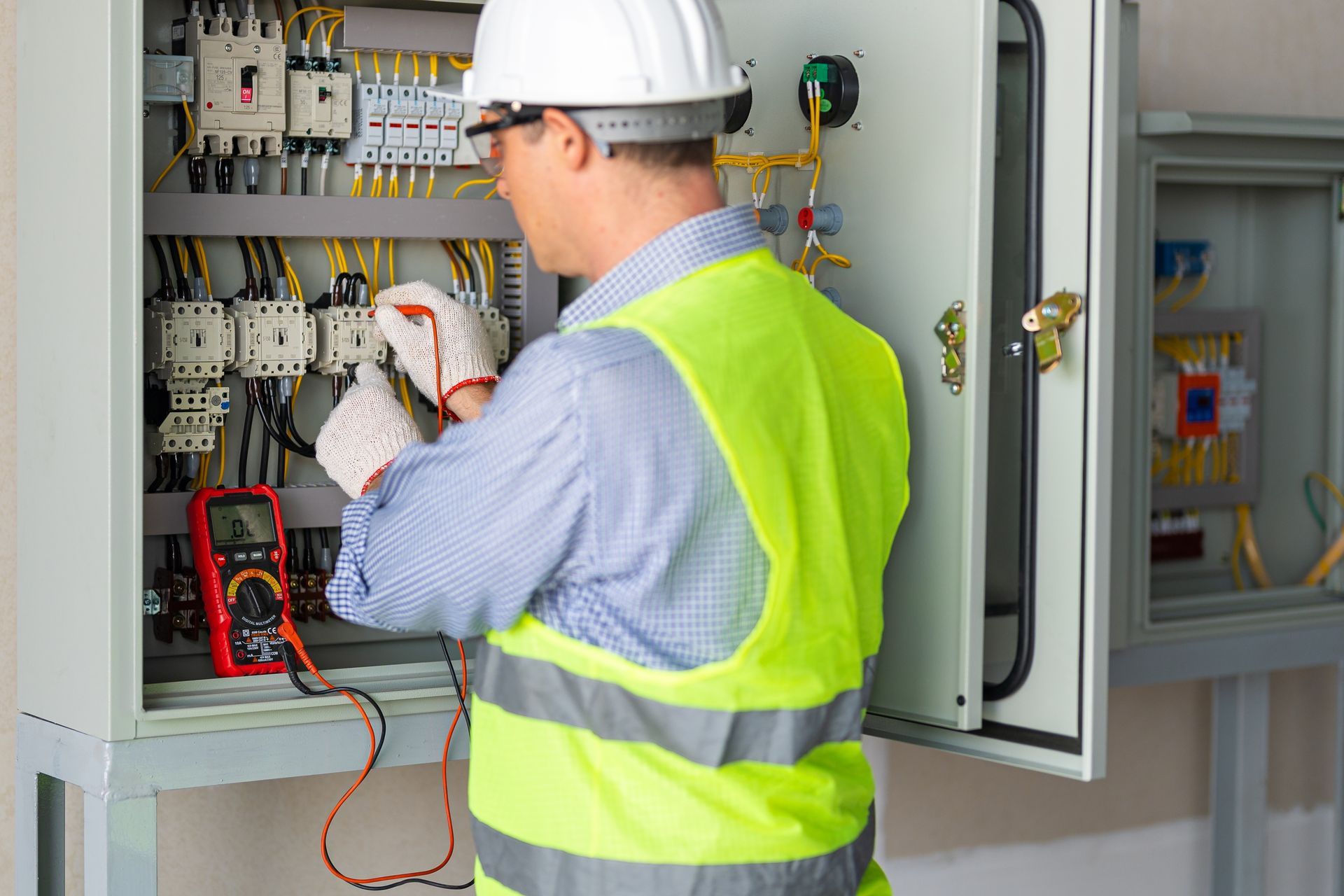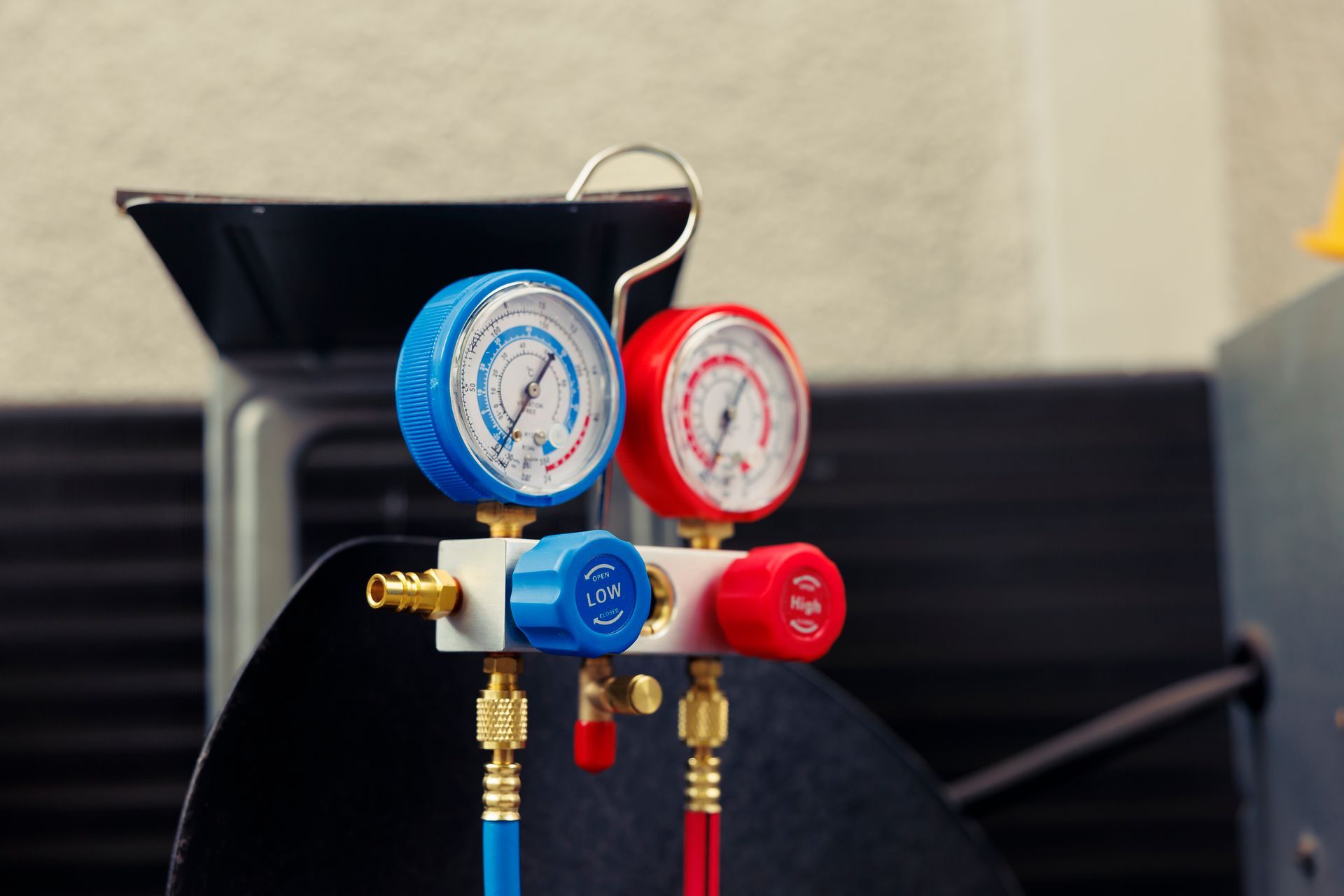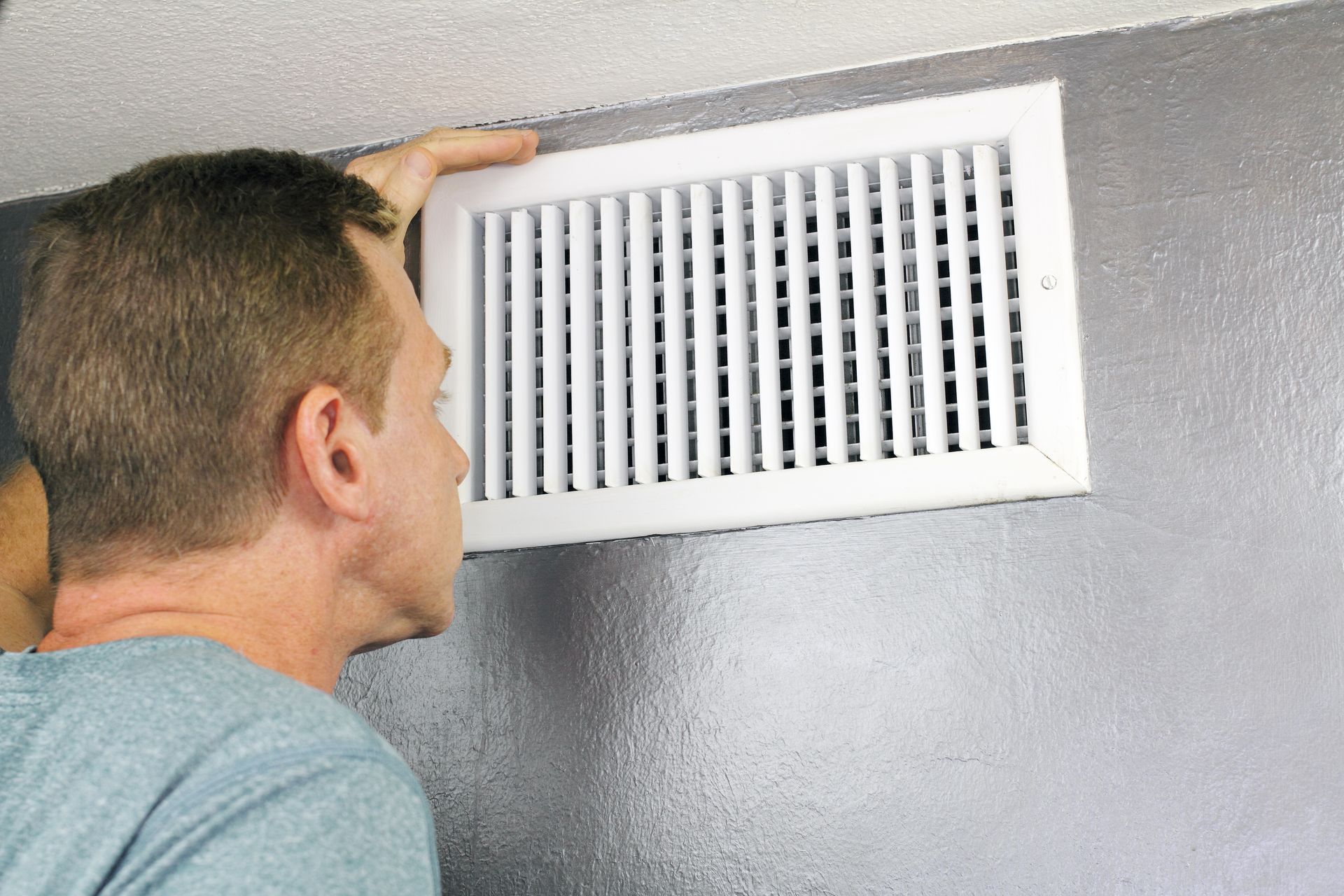As a homeowner, you want your living environment to be as comfortable and energy-efficient as possible. With advancements in heating, ventilation, and air conditioning (HVAC) technology, there are always new options and features to consider. One such innovation is the two-stage heat pump, which provides a more efficient and cost-effective solution for maintaining the desired temperature in your home. In this blog, we will delve into the features and benefits of two-stage heat pumps and why they might be the right choice for your HVAC upgrade.
First, let's explain what a heat pump does. A heat pump is a type of HVAC system that extracts heat from one location (typically outside) and transfers it to another (your home). This process can be reversed to cool your home during warmer months. Traditional heat pumps are single-stage systems that operate at full capacity whenever they are on, regardless of the actual heating or cooling needs of your home at any given time.
Now, let's discuss two-stage heat pumps. As the name suggests, these systems have two stages of operation. The first stage works at a lower capacity, usually around 65-70% of the system's full capacity. This stage is used for maintaining the desired temperature in your home when the heating or cooling needs are minimal. When more heating or cooling power is needed, the system automatically switches to the second stage, which operates at full capacity.
The primary advantage of a two-stage heat pump is its ability to provide more consistent and precise temperature control. By operating at a lower capacity when possible, it can maintain your home's temperature more closely to the setpoint without constantly cycling on and off, which can lead to temperature fluctuations. This improved temperature control translates into several benefits for you as a homeowner:
1. Enhanced comfort: Your home will feel more comfortable as the temperature is maintained more consistently. No more hot and cold spots or noticeable changes when the heat pump cycles on and off.
2. Energy efficiency: Operating at a lower capacity during the first stage, a two-stage heat pump uses less energy than a single-stage system. This means lower utility bills for you, even when the system is running for extended periods.
3. Reduced wear and tear: By running at a lower capacity when possible, a two-stage heat pump undergoes less wear and tear on its components, which can contribute to a longer lifespan and less frequent repairs.
4. Quieter operation: Your heat pump will run quieter, as it will often be operating at a lower capacity. This means less noise in your home and a more pleasant living environment.
5. Improved dehumidification: If you live in a humid climate, a two-stage heat pump provides more effective dehumidification than a single-stage system. This is because it runs for longer periods at a lower capacity, which allows it to remove more moisture from the air.
6. Better indoor air quality: A two-stage heat pump can be paired with advanced indoor air quality equipment, such as UV light air purifiers and high-efficiency air filters, ensuring that your home has cleaner, healthier air.
Considering these benefits, upgrading to a two-stage heat pump system can be a wise investment for homeowners who value comfort, energy efficiency, and the long-term health of their HVAC equipment.
At Heat Mechanical, we specialize in providing superior air conditioning repairs, replacements, and installations. Our team of experts can help you determine if a two-stage heat pump is the right choice for your home and guide you through the process of selecting and installing the best system for your needs.
